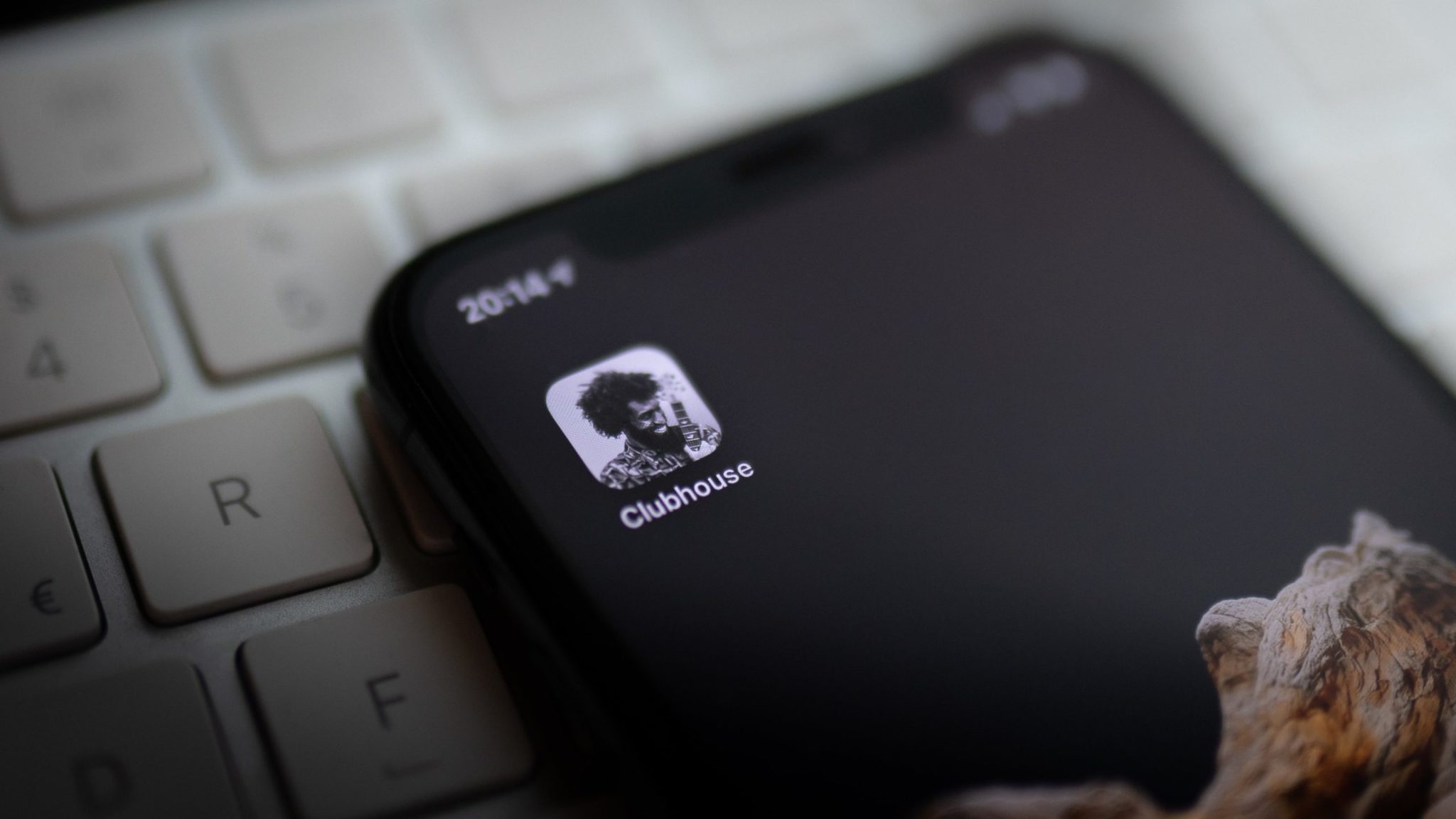Behind Clubhouse’s Decline and Competition

Clubhouse is an app that fosters live discussions through its audio-only chat rooms through invitations from existing users. It took off in popularity at the beginning of 2020 and continues to be a popular avenue for connecting with thousands of people and engaging in different topics of conversation. The app developed by Alpha Exploration Co. was first introduced by Paul Davidson and Rohan Seth on IOS and later on Android.
In the early stages of the global pandemic, Clubhouse worked as a new form of entertainment amidst worldwide lockdowns and boredom and is now valued at $4 billion. Clubhouse’s main and most distinguishing feature is its use of virtual “rooms” that allow users to join with different levels of privacy and a raise hand icon that allows moderators to appoint speakers.
It’s even become an easy way for celebrities such as Paris Hilton, Kanye West, and Elon Musk to host public conversations. The ability to create events, join clubs, and explore different rooms makes this app a new and fresh take on social media interaction.
Recently, Clubhouse’s unique qualities have been adapted by other platforms in competition with the wildly successful startup. Spotify’s new audio-only app launched on Locker Room, their new audio-specific platform, last Wednesday with a similar concept to Clubhouse. The app, Greenroom, allows users to engage in conversations in the same way by joining rooms with speakers, listeners, and hosts.

Not only has Spotify taken on the idea, but Facebook also released their version of the concept under the name Live Audio Rooms with the same idea of joining different rooms and having conversations with public figures, friends, and followers. In another attempt at creating an audio-sharing experience, Twitter also adopted Spaces in May of 2021 with the same ideas derived from Clubhouse.
These new avenues of audio-sharing social media have broken the stay-at-home barriers in the COVID-19 era and these new competitors to the original Clubhouse are working hard to add new features that elevate the experience one step at a time. The original service is now on the decline as new apps try their hand at the audio-only era of social media with new and improved features on their platforms that are already widely used.
It is certain that this new wave of unique social media is a more personalized way of communicating without the limits of text and showcases promising ways it could be adapted and transformed for the future.









